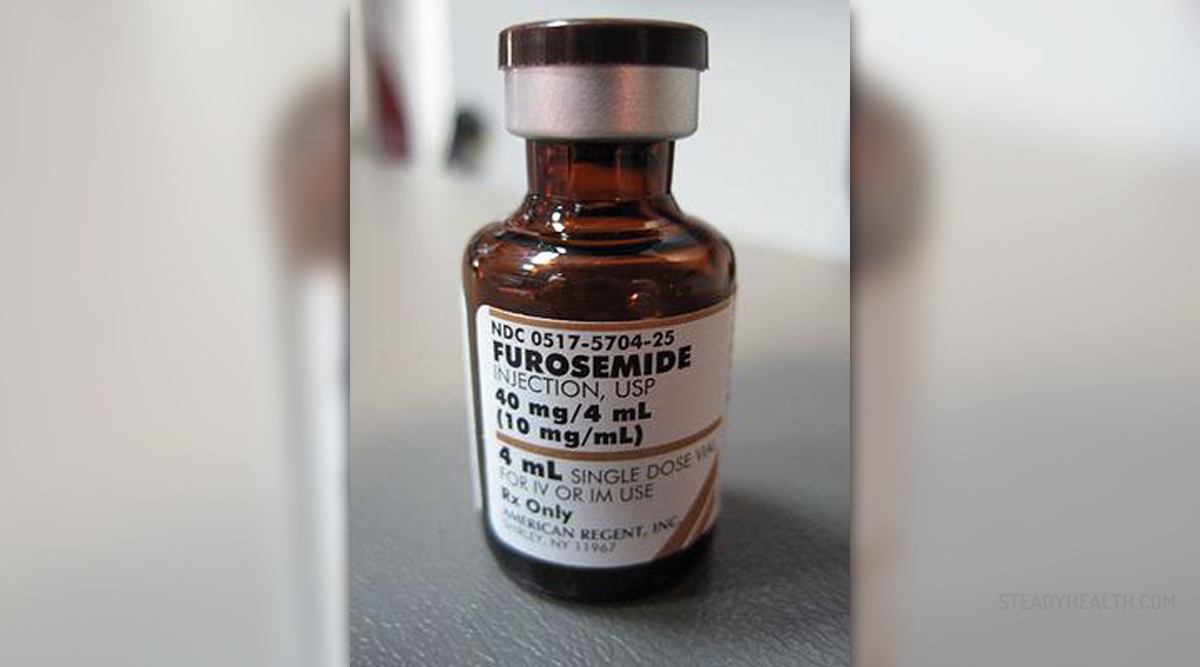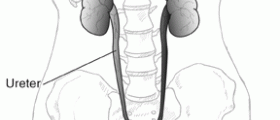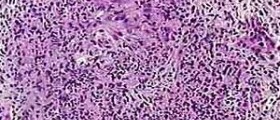
Oliguria is a medical term used to describe significant decrease in produced urine. Different values are considered as oliguria, depending on the age of the patient. Baby’s oliguria is diagnosed if urine output is less than 1ml/kg/h (milliliter per kilogram per hour), while less than 0.5ml/kg/h is the lowest limit for children. When the adult person produces less than 400 ml or urine per 24 hours (400 ml/d) he or she is diagnosed with oliguria.
Amount of produced urine and the degree of oliguria is also dependant on the hydration of the body and the use of diuretic medications. Oliguria is one of the symptoms indicating kidney (renal) problems or even kidney failure. However, some patients suffering from acute renal failure don’t have this symptom, especially if the problem was provoked by neonatal asphyxia, nephrotoxins or interstitial nephritis.
Acute oliguria is usually reversible and doesn’t have to lead to kidney failure, but the problem must be taken care of as soon as possible for the best results.
Prevention of Oliguria
Certain medical problems are known to be associated with renal injuries and potential oliguria. Cardiac surgeries, kidney transplantation, therapies with radiocontrasts, amphotericin B and cisplatinum, as well as conditions such as hyperuricosuria, myoglobinuria or hemoglobinuria may provoke acute renal failure. For that reason, patients suffering from some toxic injuries or renal hypoperfusion can be treated to prevent development of oliguria. The common treatment methods are the use of fluids, mannitol, furosemide, diuretic drugs or renal doses of dopamine. These measures can’t prevent acute renal failure but can lead to nonoliguric condition, which is more easily managed.
Fluid and Electrolyte Management
Patients suffering acute renal failure and oliguria may experience euvolemia, hypovolemia or hypervolemia, but for the decision about the treatment it is very important to know fluid status of the patient.
Children with intravascular volume depletion are initially treated with lactated Ringer solution or isotonic sodium chloride. Volume overload and oliguria are treated with fluid restrictions and furosemide given intravenously, or in some cases hemofiltration or dialysis.
In the case of present hyperkalemia, patients should eliminate potassium from the diet. Some cases can be treated by dialysis.
Hyponatriemia is usually managed with restriction of free water and hyperphosphatemia dietary restrictions and phosphate binders. Hypocalciemia requires calcium salts of infusions of calcium gluconate.
Metabolic acidosis can be treated with oral sodium bicarbonate or sodium citrate, while serious cases may require intravenous bicarbonates.

















Your thoughts on this
Loading...